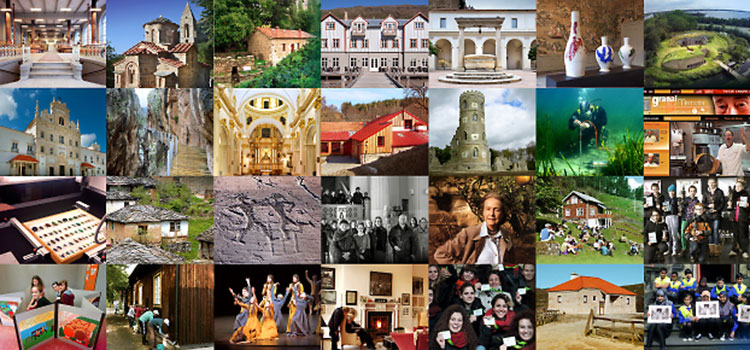On 9 February 2017 Council and European Parliament representatives reached a provisional agreement on a decision establishing a European Year of Cultural Heritage (2018).
Cultural heritage encompasses resources from the past in a variety of forms and aspects. These include monuments, sites, traditions, transmitted knowledge and expressions of human creativity, as well as collections conserved and managed by museums, libraries and archives.
The aim of this initiative is to raise awareness of European history and values and to strengthen a sense of European identity. At the same time, it draws attention to the opportunities offered by our cultural heritage, but also to the challenges it faces, such as the impact of the digital shift, environmental and physical pressure on heritage sites, and the illicit trafficking of cultural objects.
The main objectives of this European Year are:
- to promote cultural diversity, intercultural dialogue and social cohesion;
- to highlight the economic contribution of cultural heritage to the cultural and creative sectors, including small and medium-sized enterprises, and to local and regional development
- to emphasise the role of cultural heritage in EU external relations, including conflict prevention, post-conflict reconciliation and rebuilding destroyed cultural heritage
The European Year will be funded through the redeployement of budgetary resources from existing EU programmes and will have a dedicated financial envelope of EUR 8 million.
Representatives of the European Parliament will be able to participate as observers in the meetings of national coordinators convened by the Commission for the running of the European Year.
As Europeans we have a particularly rich cultural heritage born of our long shared history. I welcome the opportunity to celebrate that heritage and to take pride in all that makes up our common European identity.
The idea of a European Year of Cultural Heritage was raised for the first time in 2014 when the Council referred to it in its conclusions on the participatory governance of cultural heritage. The idea received strong support from the European Parliament, the Commission presenting its proposal for a European Year of Cultural Heritage in August 2016.
The Council adopted a general approach on the proposal on 22 November 2016.
The European Parliament’s Culture and Education Committee (CULT Committee) report on the decision was voted at its meeting on 8 November 2016. A first trilogue took place on 9 December.




